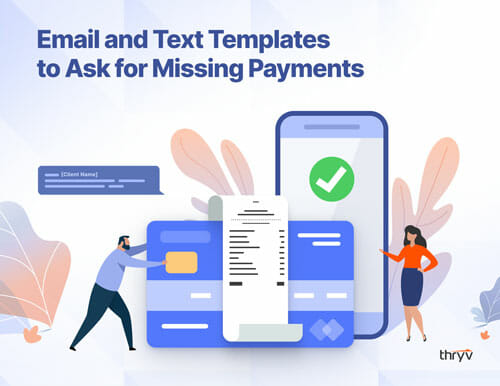
Ever since email marketing became a thing, folks have been looking for that magical shortcut that’s going to give them an easy advantage over their competitors. Do a quick Google search on “email subject lines,” and you’ll find all kinds of conflicting advice on which words to use, which words not to use, whether or not you should use capital letters, punctuation, or Unicode characters, and so on, ad nauseam.
How Important Is Subject Line Length?
One of the most prevalent theories out there is that the length of your subject line can drive engagement. Problem is, the experts can’t seem to come to a consensus.
- This study from MailerMailer claims that emails with subject lines of 4-15 characters get more opens and more clicks. Not words. Characters! So obviously the most effective subject line you can have for an email marketing campaign is, “Hey!”
- A similar study from Retention Science shows that subject lines of 6-10 words perform better than shorter (less than 5 words) or longer (11-15 words). So middle of the road looks like the way to go.
- And then there’s Adestra’s study, which shows the ideal length of an email subject line is 20 words. Their theory is that the extra length makes your subject line stand out, “with the added information and length to account for higher open and clickthrough rates.”
So there you have it. Three different studies, with three different conclusions. Frankly, my conclusion is that people click on subject lines for a wide variety of reasons, very few of which have to do with the actual length. In other words, correlation does not imply causation.

Email and Text Templates to Ask for Missing Payments
Use these free email and text templates to cut down on missed and late payments from your customers.
Writing Subject Lines that Work
Instead of obsessing over the length of your subject line, try focusing on the content:
- Don’t be coy. Include some specific and useful info in your subject line so your readers will know exactly what to expect when they open the email.
- Identify yourself. Make sure your readers know you’re sending them info and offers they asked for, and they’ll be less likely to dismiss your email as marketing spam.
- Change things up a little. If you use the same subject line over and over, your readers will quickly lose interest.
- Try personalizing the subject line. People tend to respond to targeted emails, as long as you can do it without being creepy.
So Does Size Matter?
I’m not saying that subject line length has *no* effect on email marketing. What I am saying is that focusing exclusively on the number of words (or characters) in your subject line isn’t going to miraculously fix a campaign that isn’t working. Once you’ve come up with an appropriately descriptive subject line that encourages readers to investigate your message, you may very well want to A/B test short vs. long to see if one is more effective at driving engagement.
Just bear in mind that your readers aren’t mindless drones, clicking on subject lines on the basis of length alone. Well-written subject lines will always outperform clunky or misleading subject lines, no matter how long (or short) they are.
References:
- This Just In: Subject Line Length Means Absolutely Nothing, MailChimp
- 7 Email Subject Line Myths Exploded, Smart Insights

Email and Text Templates to Ask for Missing Payments
Use these free email and text templates to cut down on missed and late payments from your customers.





